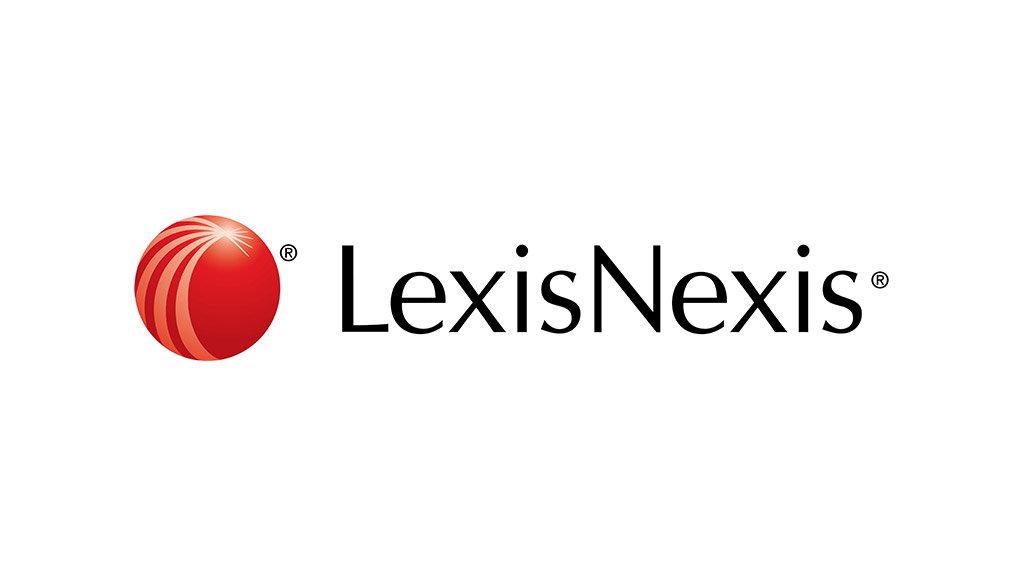The term “lifestyle audit” has fast become a hot topic. This following a pledge by President Cyril Ramaphosa and the recent announcements by Public Service Minister Senzo Mchunu, and Public Works and Infrastructure Minister Patricia de Lille that the government will be conducting lifestyle audits on state employees and ministers. But what are lifestyle audits and what place, if any, do they have in the private sector?
The Annual Crime Statistics Report for 2018/2019, released by Minister of Police, General Bheki Cele in September, showed a 14.4% increase in commercial crime. “With commercial crimes including fraud, corruption and bribery on the increase, the onus is not only on the public sector but also on the private sector to try and root out this kind of crime and help reduce these statistics,” says Greg Brown, Director of Data Services at LexisNexis South Africa..
The goal of a lifestyle audit is to expose corruption and reduce fraudulent practices. They can be a valuable mechanism to uncover information that will either verify or allay concerns. There are several warning signs that may present themselves, which would warrant further investigation into the lifestyle of an employee. These include ownership of luxury cars, regular vacations out of the country, expensive jewellery and high market value residential or holiday accommodation that appear out of the affordability range of his or her income bracket or earnings. These signs could indicate that an employee is benefitting from other undeclared financial interests, such as directorships in vendor businesses, kickbacks from suppliers or other fraudulent activities.
To get a clearer picture of an individual’s financial position, a lifestyle audit will consider properties and motor vehicles owned, business directorships, credit records and CIPC information in relation to their declared or salaried income. This need not be a daunting, complicated task as there are online platforms, such as search engine Lexis® WinDeed, that will enable easy access to the kind of information that will either set a mind at ease – or highlight further red flags to be investigated.
“Access to this information can be obtained online but needs to come from a reputable and reliable source,” says Brown. “Investigators need to be sure to use a safe, effective and thorough search engine that will cover all bases when compiling lifestyle audits. Using a platform such as Lexis® WinDeed provides complete ease of mind.”
For further information visit: http://www.windeed.co.za
EMAIL THIS ARTICLE SAVE THIS ARTICLE ARTICLE ENQUIRY
To subscribe email subscriptions@creamermedia.co.za or click here
To advertise email advertising@creamermedia.co.za or click here











